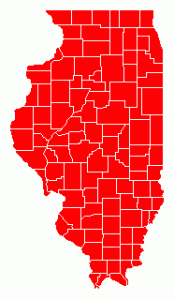The Uncertain Future of Multiemployer Benefit Plans
Multiemployer benefit plans, writes Paul Secunda, “once represented one of the greatest triumphs in American labor relations in providing employee benefits to workers of small employers in itinerant industries (such as in building and construction, trucking, retail, and the entertainment industry).” In a new paper on SSRN, Paul explores three major challenges facing multiemployer plans. First, in the wake of the global recession of 2007-2009, “benefit plans are increasingly underfunded and in danger of becoming insolvent.” Second, as a result of health benefits that are perceived as overly generous, some plans may face a large new excise tax under the Patient Protection and Affordable Care Act of 2010. Finally, recent judicial decisions have created uncertainty and increased liability risks when plan trustees deny claims.
Paul considers a variety of policy responses to some of these challenges, but it appears there are no easy fixes.
Paul’s paper, entitled “The Forgotten Employee Benefit Crisis: Multiemployer Benefit Plans on the Brink,” will appear in the Cornell Journal of Law and Public Policy.

